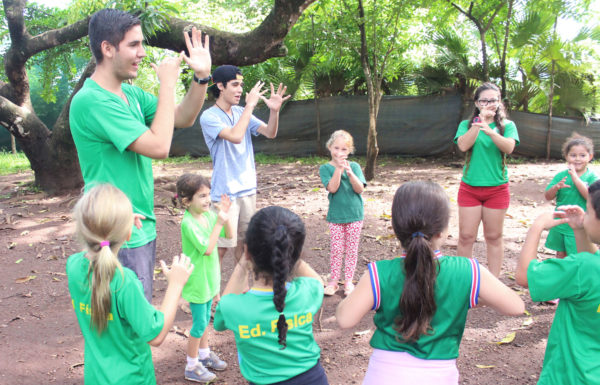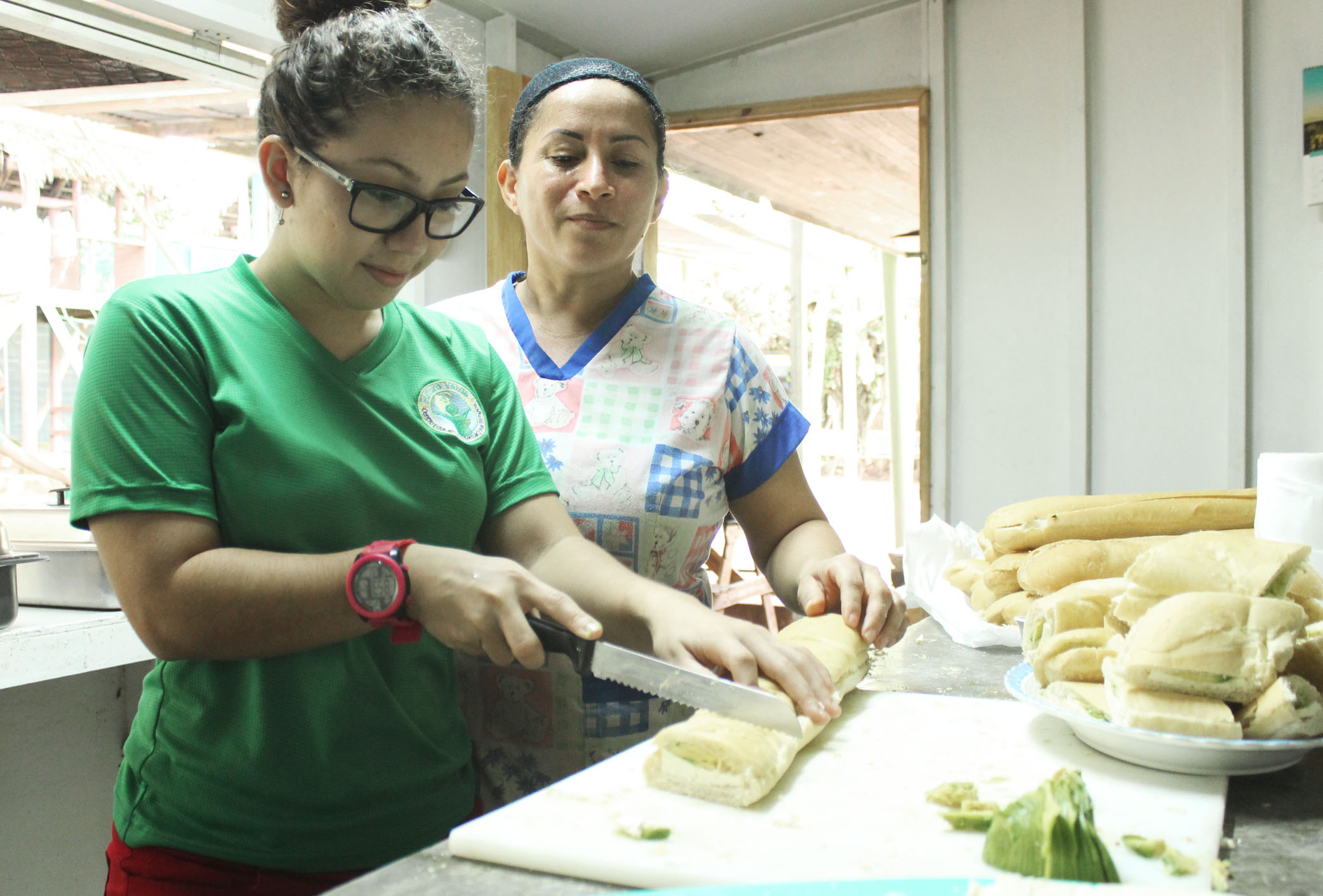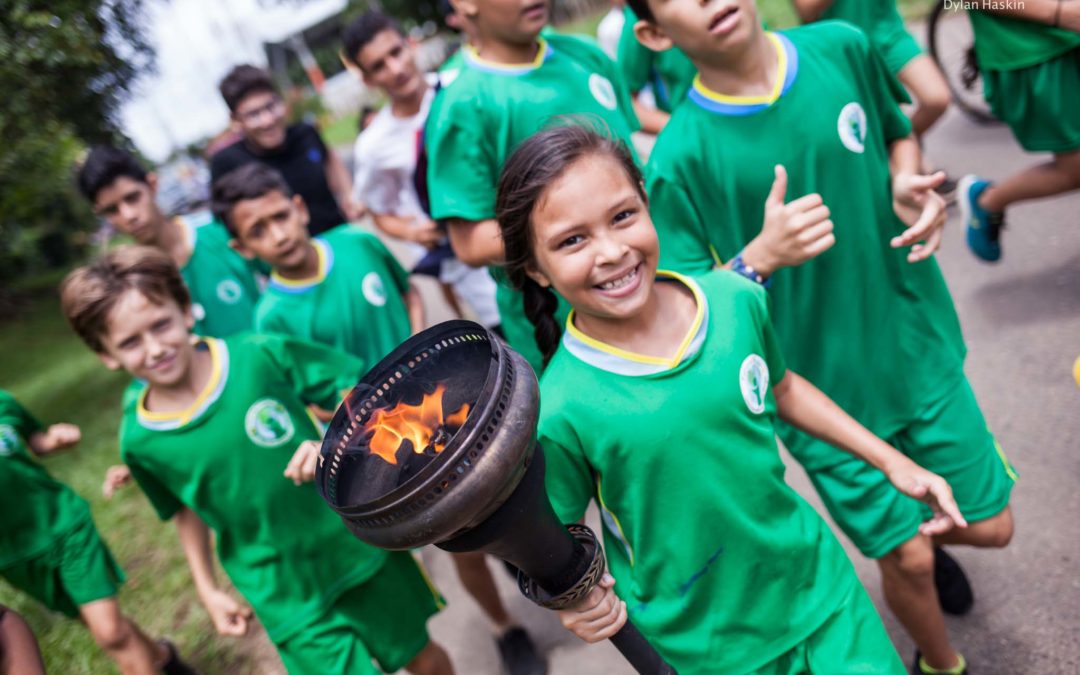
by Karol Madrigal | Aug 3, 2017

September is a month of celebrations throughout Central America and for that reason, in Costa Rica, we call it “the month of our fatherland”. This is because at this time, each Central American nation celebrates the important process that began on the eve of September 15th, 1821, when the rulers of the current Central American countries, which in the past were part of a territory named ‘General Captaincy of Guatemala’ belonging to Spain, decided to write a document that declared the independence of the entire region.
The celebrations include, for instance, students from all over Central America running with a torch along a route that starts on the 1st of September in Guatemala and ends in Cartago, Costa Rica, on the night of the 14th of September. The Torch Run commemorates the route along which the news of independence was carried from nation to nation with a burning torch illuminating the road ahead. Today, the torch has become a symbol of freedom.
The culminating moment of the Torch Run is when our nation´s president receives it in Cartago. At that moment, the lantern parades commence in each town, recalling the moment when the inhabitants of Guatemala took to the streets, carrying lanterns in their hands, to demonstrate their enthusiasm and support, in the area where the Act of Independence was being drawn up. The celebrations, however, do not end here, because the rejoicing was such that every September 15th the streets fill with the sounds of the drum roll and the sights of colorful parades, as an expression of the sheer joy with which the Central American people walked their path of freedom.
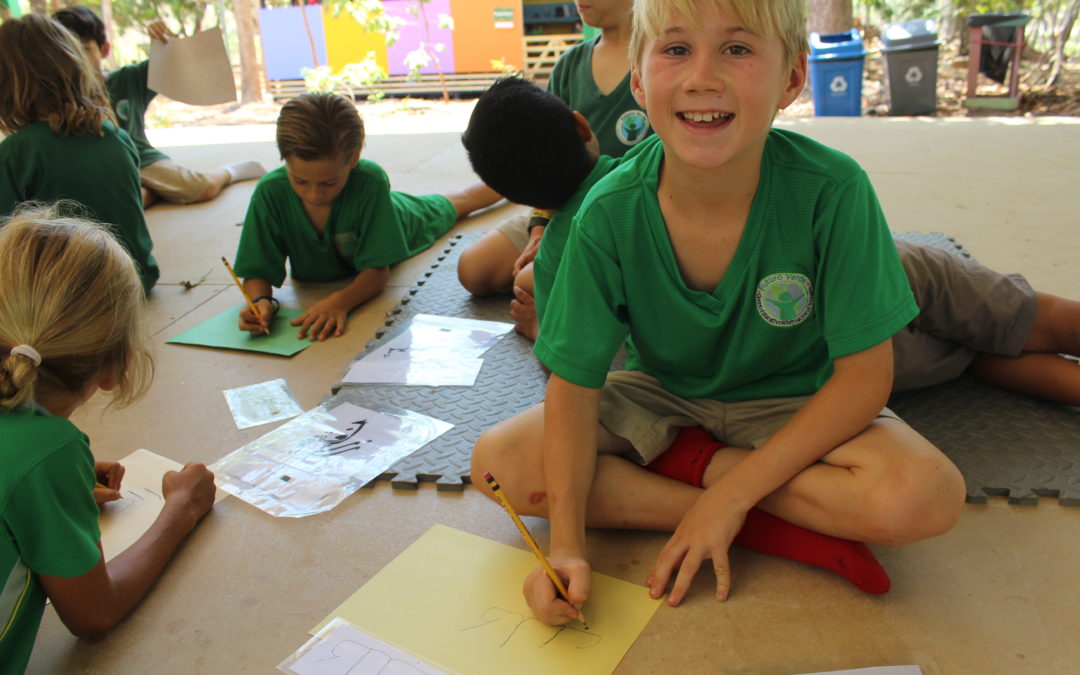
by Lural Ramirez | Jul 5, 2017

Recently all Futuro Verde teachers gathered to brainstorm and collectively ponder the changes that have happened at Futuro Verde during the past four school years and to begin to plan for the changes to come in our future as an IB* world school. The great majority of Futuro Verde families and staff members have welcomed the quantity of change our school community has experienced in the past years, however it is a valuable exercise to continue to reflect on our ability to accept and assimilate change positively.
Change is a constant in life. Remember- although we cannot always control whether a change happens or not, we can control the way we receive and process change. The decision to see change as a positive is a choice. For example, as we strive to receive change positively, we can appreciate the positive attributes of new members to our school staff or student body. We can also look at curricular changes as positive opportunities for our children to learn new information or in a new and more innovative way. And, of course, it is hard not to see infrastructure changes and improvements at Futuro Verde as always positive!
I challenge and implore you to continue to lean in to the changes at Futuro Verde and to find the many positive benefits of each new change as it comes. As you support your children, remember that the journey of effectively accepting and processing change is an important part of every child’s social-emotional development. Effective parents have meaningful conversations with their children, explore their emotions as they process change and model and support seeing the positive in the changes that come into our lives.
Thank you for engaging in regular and meaningful conversation with your children. If you need any support, or identify special needs for your child, please remember to contact the Futuro Verde support team and we will be happy to coordinate adequate additional support as needed for your family.
*Centro Educativo Futuro Verde is a candidate school* for the Diploma Programme. This school is pursuing authorization as an IB World School. These are schools that share a common philosophy- a commitment to high quality, challenging, international education that Centro Educativo Futuro Verde believes is important for our students.
Only schools authorized by the IB Organization can offer any of its four academic programmes: the Primary Years Programme (PYP), the Middle Years Programme (MYP), the Diploma Programme or the Career-related Programme (CP). Candidate status gives no guarantee that authorization will be granted.
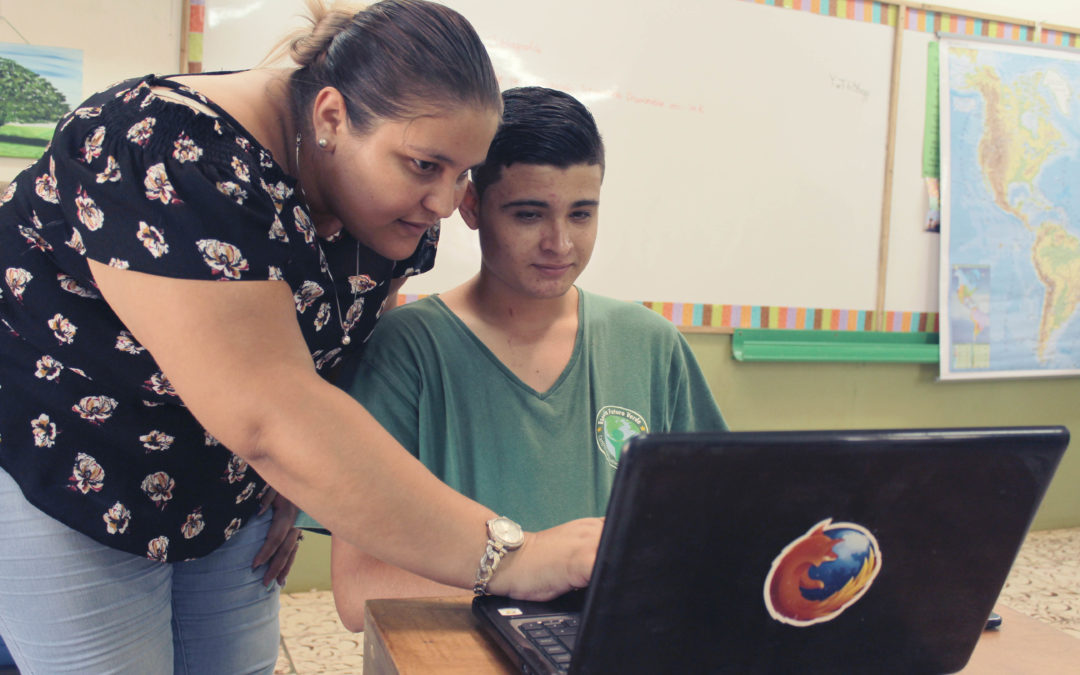
by Lural Ramirez | Jul 5, 2017

Futuro Verde’s secondary program, which currently assures a high-quality, fully MEP accredited education for students in middle and high school grades from 7th to 11th grades, has a new requirement coming in 2018. All 11th graders starting in 2018 will be required to own a personal computer and will be expected to bring that personal computer to each of their classes each day. We recommend that students in 7th through 10th grade, starting in 2018, also have access to a personal computer, which they may be asked to bring to class as the teachers deem fit.
The main purpose for this new requirement is to assure that our students have access to a personal computer for their classes; to both access Google Classroom and other G Suite applications but also to assure that a word processing capability is available to all secondary students at all times, without having to access the school computer lab.
If you have a secondary student, or are soon to have one in the years to come, please begin to plan now for the upcoming laptop future at Futuro Verde. As you plan for the purchase of a laptop computer for your child, please assure it has the following minimum specifications:
- i3 processor
- 4GB RAM
- Mac or PC, 2012 or newer
- Windows 7, 8 or 10 or Ubuntu o MacOSX 10 or higher
- WIFI capabilities
- A Chromebook, though acceptable, is not recommended due to its software limitations
- A tablet with an external keyboard, though acceptable, is not recommended
- A smart phone is NOT an acceptable substitution for the laptop requirement
If you have any questions or concerns regarding this new requirement for the 2018 school year, please contact me at any time for a personal appointment time.
Futuro Verde
Inspiration. Dedication. Innovation.
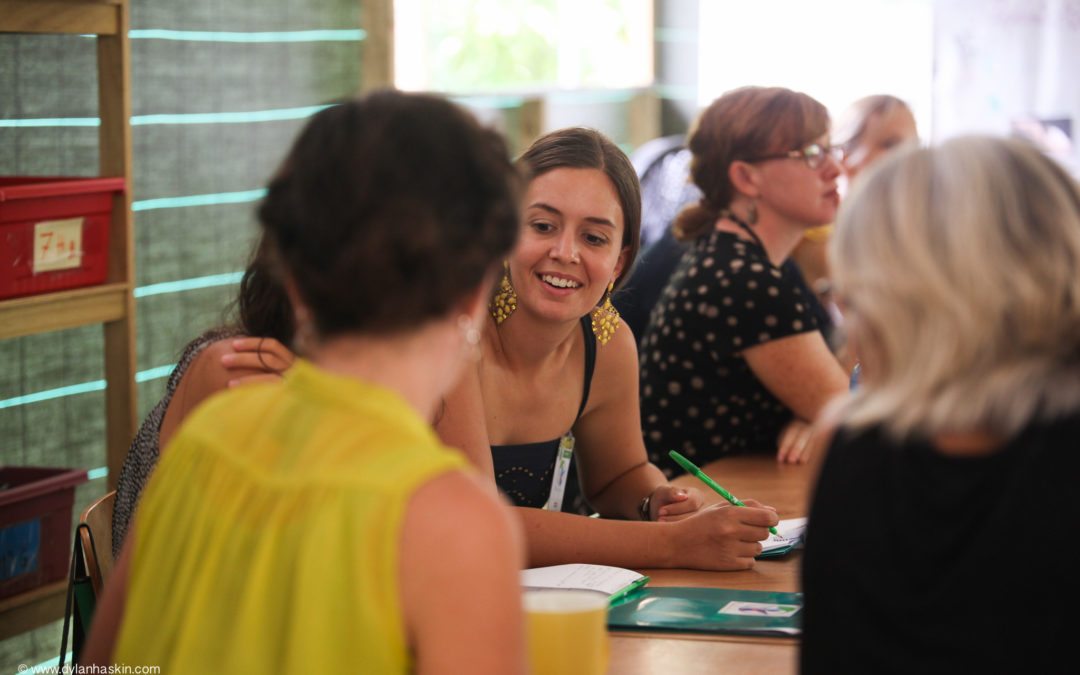
by Eileen Walschmidt | Jun 26, 2017
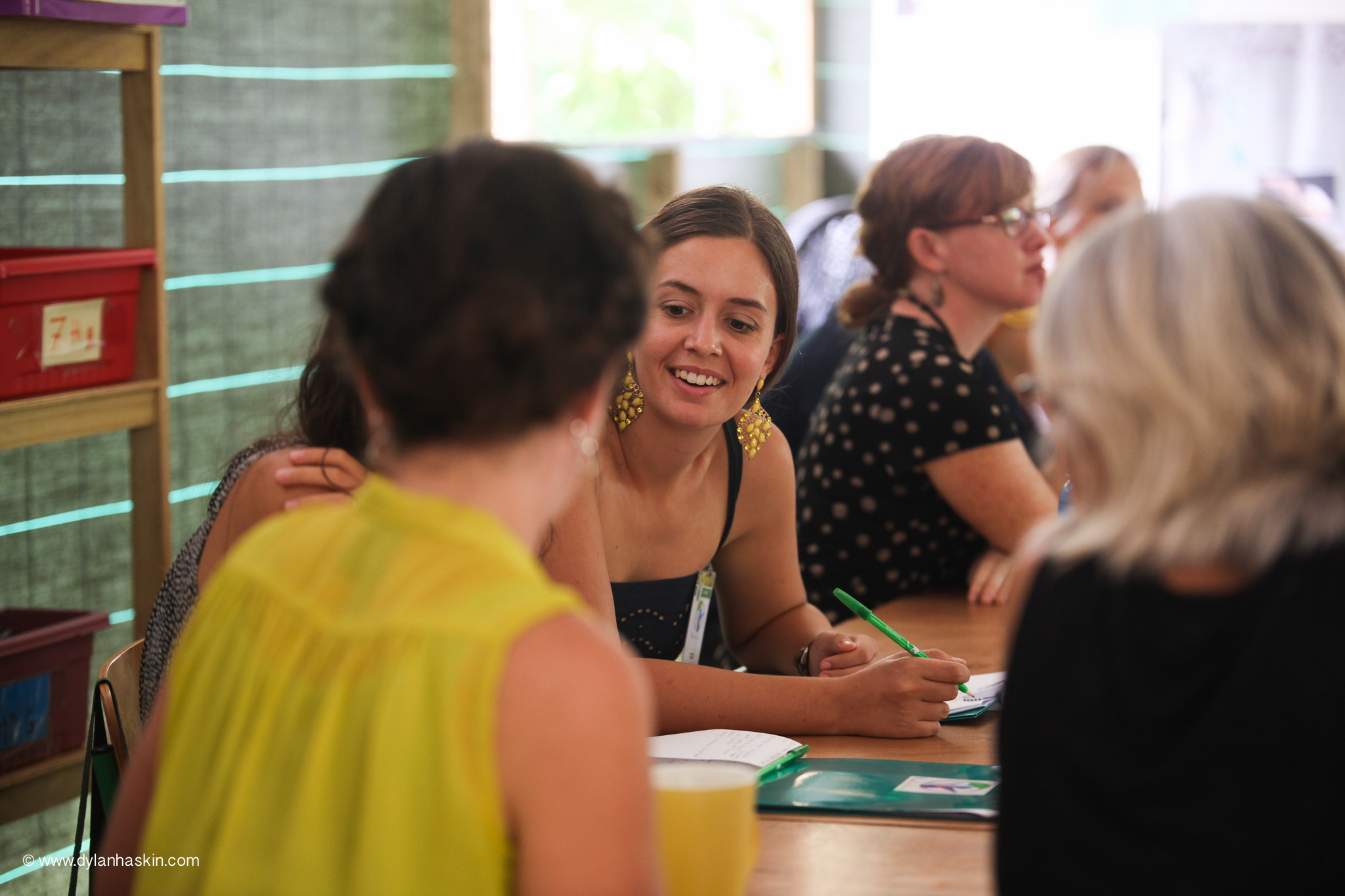
Centro Educativo Futuro Verde is hosting the 3rd Annual Bilingual, Holistic, and Sustainable International Conference June 29-30, 2017. We are very excited that this conference, focusing on these three important educational areas, is in its third year and going strong.
It is common knowledge that, “The quality of an educational system depends on the quality of its teachers (UNESCO 2013) and continuing professional development is key to sustaining and enhancing teacher quality” (Borg 2015). As a school-based conference that predominantly highlights the work of practicing teachers in a bilingual school, this conference offers a meaningful teacher professional development experience in which the knowledgeable, committed and caring Futuro Verde teachers share and learn from each other knowledge and strategies that have contributed to their success as teachers.
Along with the teacher presentations, the BHS Conference 2017 will also have an entire day that focuses upon Sustainability that will include such presentations as, “Life Lessons of an Ocean Photographer Dedicated to Conservation” and “‘Todos somos agua’ (We Are All Water): Student Scientists Exploring the Rivers.”
We are very excited that this year’s keynote addresses will be presented by an exemplary classroom teacher, Shahnaz Sahnow. As a classroom practitioner, adjunct instructor at Oregon State University, and Fulbright Scholar, Ms. Sahnow brings current classroom and district wide experience combined with research based knowledge. Ms. Sahnow has taken on leadership roles in the development of bilingual programs in her school district in Oregon, as well as leadership in implementing the use of authentic assessments for all students. Her keynote presentations will be of interest to not just the Futuro Verde teachers, but to parents and community members as well
As with the previous two BHS conferences, this year’s conference will also include cultural presentations by local groups. These presentations go beyond entertainment to sharing information about cultural traditions.
The Bilingual, Holistic, and Sustainability International Conference is open to everyone. We encourage parents and community members to attend. We know that this year’s BHS Conference will provide our Futuro Verde students and community with valuable information. We look forward to seeing you at the conference!
Cited work
Borg, S. (2015). The benefits of attending ELT conferences. ELT Journal, 69(1), 35-46. Doi:
10.1093/elt/ccu045
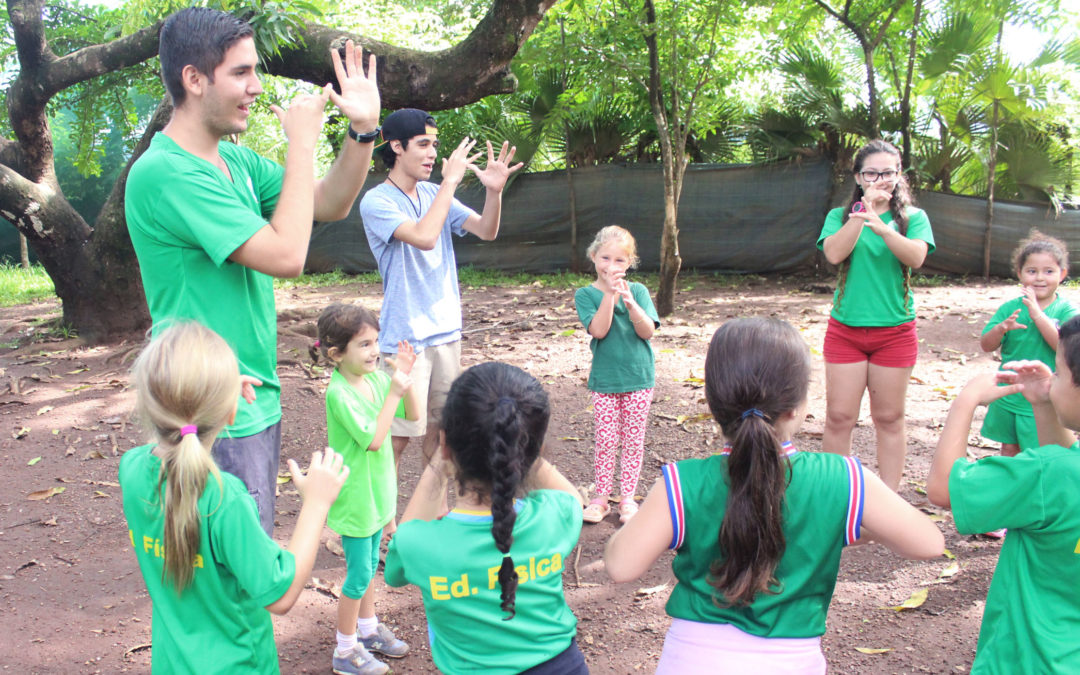
by Stuart Millar, IB coordinator | Jun 20, 2017
Futuro Verde is excited to launch an internship program for high school students and we are inviting local business owners and employers to offer placement opportunities. The intention is that students from 9th, 10th, and 11th grades, with parent/guardian permission, will embark on this valuable learning experience towards the end of the school year for the period of up to a week.
What is an internship? An internship is “hands-on” experience in the workplace where both the intern and business have objectives that they want to achieve. For the student, it is an opportunity to apply classroom learning in the real world.
What are the benefits of an internship program? Futuro Verde believes we increase our knowledge and develop our skills through new experiences and learning by doing. An internship or work placement does just that.
Benefits for the student:
- Discover new career ideas and opportunities
- Hands-on training
- Apply your academic learning in the real world
- Mentoring from local business leaders
- Experience looks good on your resume!
Benefits for the business:
- An extra pair of hands to get a project done
- Interns can bring new ideas and perspective
- Find future employees
- Support students as they start to consider further education and careers
- Give back to the community
What sorts of businesses can take part in the program? Any and all types! Farming, garden centers, retail, hotels, restaurants, medicine, automotive mechanics, wellness, construction, education, real estate, surf businesses, spa’s, yoga, law, not-for-profit, entrepreneurship … so many great and diverse opportunities all around us.
How can a business get involved? If you would be willing to offer a Futuro Verde student this wonderful opportunity, or would just like to find out more, please contact Stuart Millar at stuart@futuro-verde.org or Angie Briceño at angie@futuro-verde.org
What sorts of businesses can take part in the program? Any and all types! Farming, garden centers, retail, hotels, restaurants, medicine, automotive mechanics, wellness, construction, education, real estate, surf businesses, spa’s, yoga, law, not-for-profit, entrepreneurship … so many great and diverse opportunities all around us.
How can a business get involved? If you would be willing to offer a Futuro Verde student this wonderful opportunity, or would just like to find out more, please contact Stuart Millar at stuart@futuro-verde.org or Angie Briceño at angie@futuro-verde.org
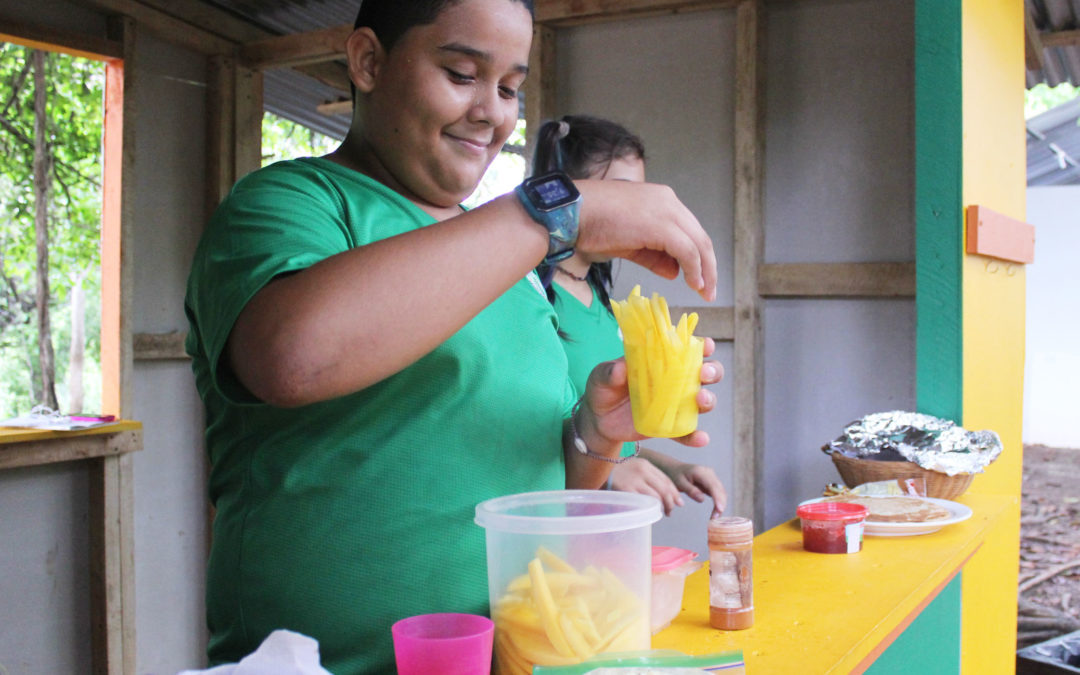
by Stuart Millar, IB coordinator | Jun 19, 2017
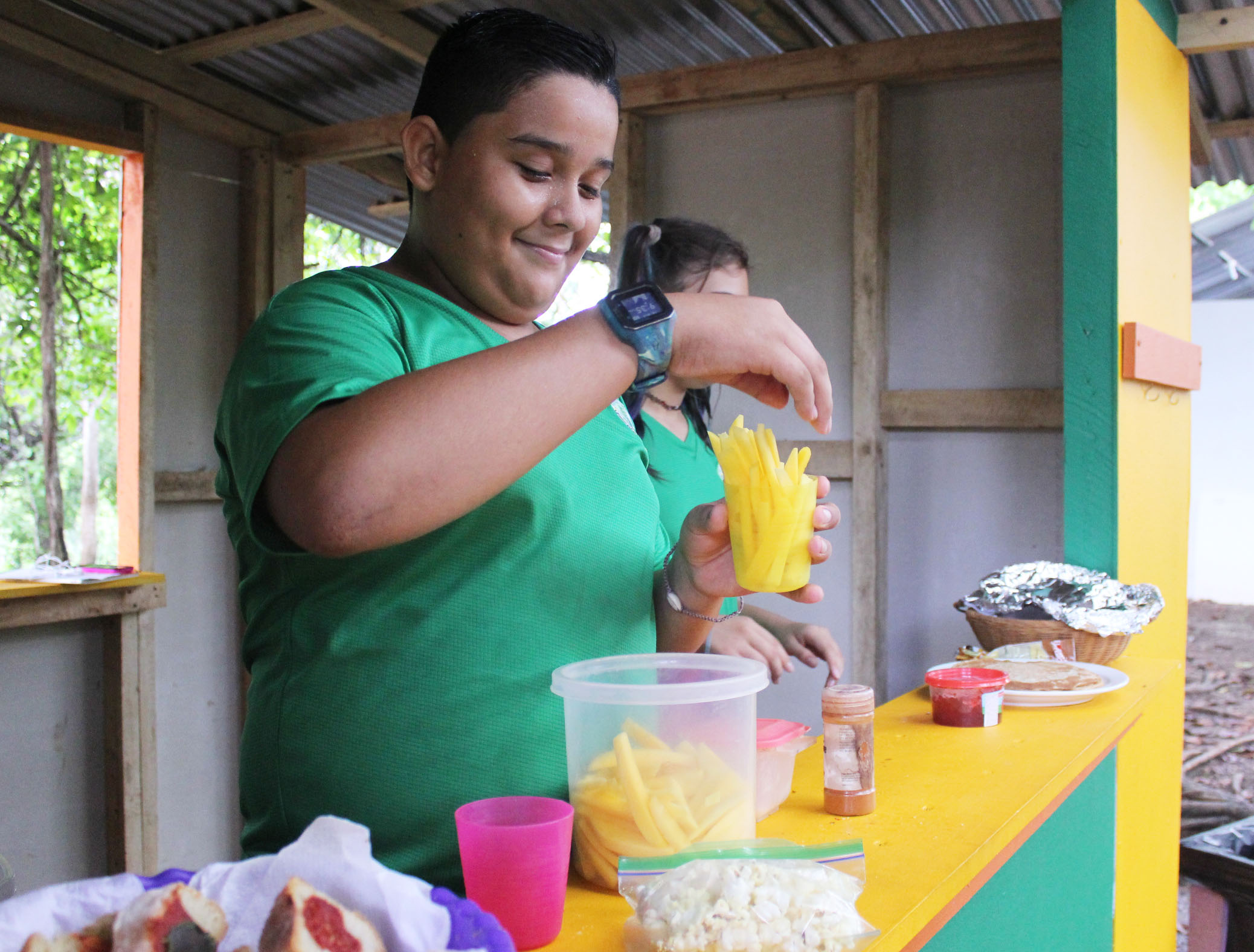
The school soda (snack shop) is a wonderful learning opportunity for Futuro Verde students. Each class has the responsibility to supply and run the soda on different days throughout the school year, culminating in an educational field trip. Raising money in this way helps all students take ownership of their class fundraising efforts. At the same time, they can learn about healthy food, how to follow a recipe, to set prices, and count change.
The class soda days are a group effort, for the good of all students, as all of them have the opportunity to go on the field trips. But what happens when students repeatedly don’t participate? What effect does that have on the rest of the team? It doesn’t seem very fair, just or respectful. There are probably many possible and legitimate reasons for non-participation, but there are still negative consequences. The class makes less money, perhaps they have to change the field trip, or parents might be asked to contribute to cover the costs. There can also be consequences for the student in their class; resentment can build amongst the other students.
How can we, as parents and teachers, help our students be less of an island and a more principled team player, contributing to the group effort? Money and cost of ingredients can be a barrier that we can help students overcome with some very cost effective suggestions. Organization can also be hard for some of our students, and before they know it the day of the soda comes and they have nothing to contribute. Perhaps the greatest challenge is to inculcate the personal sense of responsibility; to overcome the “justification” of “other people don’t do it either!”










